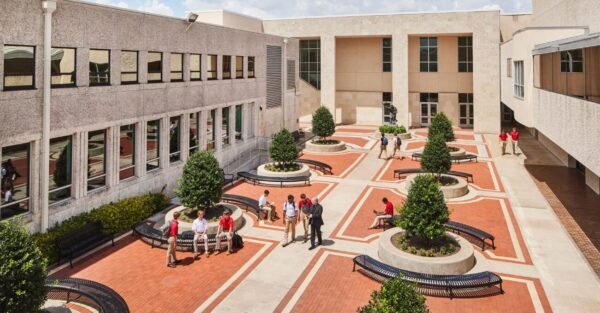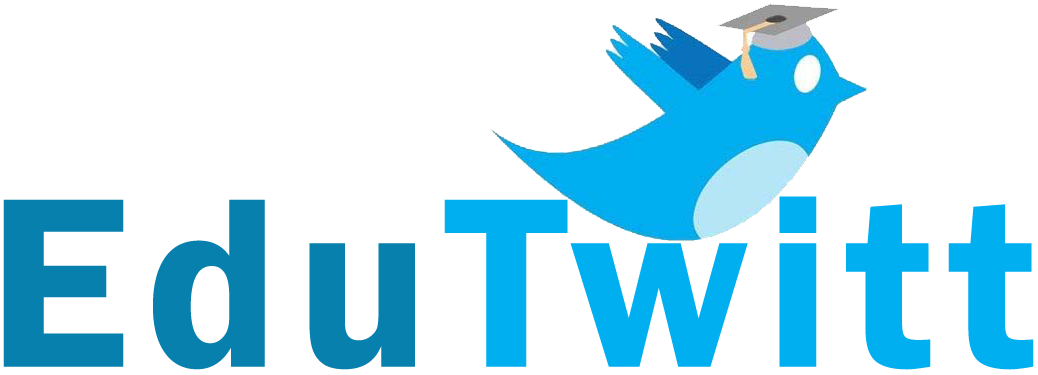
Over the last two decades, the amount of private schools around the world has grown to a high degree. With top-quality learning experiences, these schools ensured that students studying there have an improved educational and professional opportunities. There is no doubt that these schools are a significant amount in terms of the appropriate learning environment and a great teachers, however there are a few issues in their educational system as well. With regards to their role on the educational industry overall there are some pertinent issues. We will go over these issues and provide a clear overview of the pros and cons.
Advantages of Private Schools:
Quality Education:
Private schools have the best academic performance, with smaller classes, experienced instructors, and more sophisticated teaching tools. Private schools consist of smaller classes where instruction can be customized, making connections between students and teachers possible. Personalized education has allowed for teachers to customize classes to meet the needs and learning style of students, guiding them to academic success. Private schools employ personnel with expertise in their field, subject knowledge levels, or specialized education. Separation from government regulations and oversight could impact the standard and methods of education.
State-of-the-Art Facilities:
Private schools have the latest academic, extracurricular, as well as professional development opportunities. Private schools renovate labs, classrooms, and athletic facilities to improve learning. Private schools are renowned for their equipped, well-equipped classrooms that are conducive to learning. Private schools improve students’ involvement and teaching with contemporary furniture interactive whiteboards, audio-visual technology, as well as other teaching aids. These tools help teachers design stimulating, exciting lessons that appeal to a variety of learners.
Extracurricular Opportunities:
Private schools provide a range of additional curricular clubs, activities and sports teams which help to improve the academics of students and increase their growth. These programs help children develop leadership abilities, find their passions, and build lasting connections outside of the classroom which enhances moral character. Private schools offer extracurricular activities to encourage students to develop their passions and develop their skills. Debate teams, play as well as community involvement are all options for students in private schools. In a safe setting, these programs allow children to explore new interests learn new skills, as well as guide them in their lives.
Parental Involvement:
Families’ close ties to private schools facilitate the involvement of parents. Collaboration between teachers and parents is crucial to children’s academic success as well as their overall wellbeing. Participation of parents in private schools improves academic performance. Studies show that children who have active parents are more committed, motivated and academically successful. Parents may be able to support and guide their children’s education, thereby improving academic performance and schooling. Beyond school, parents can participate in school-related activities, extracurriculars and also fundraising.
Higher Academic Standards:
Private schools focus on academic excellence and high standards, which can inspire students. Private schools could be more academically rigorous than schools in public, thereby motivating students to be successful. The high academic standards in private schools inspire students to be academic and set high-level goals. Establishing academic standards and encouraging students to be successful creates a culture of success at private school. The rigorous academic curriculum helps prepare students from private schools for the challenges of college and careers.
Flexibility in Curriculum:
The flexible curriculum of private schools and teaching methods permit teachers to meet the needs of students. Private schools can modify their curriculum according to the students’ needs, unlike public schools, which have to adhere to district or state guidelines. Due to their flexibility the private schools are able to modify student learning with sophisticated methods of teaching. Teachers at private schools can engage students and adapt their interests, learning styles and abilities with a variety of techniques as well as technology and resources.
Disadvantages of Private Schools:
Cost:
The high cost of tuition at private schools or fees can be a burden on families. Private schools can be too expensive for some families. Private schools cost more in comparison to public institutions for more specialized programs, smaller classes high-tech facilities, as well as other benefits. Families’ payments for school textbooks clothing and transportation, as well as extracurricular activities and other school-related expenses could increase the cost of private education. Many families cannot pay for tuition at private schools Some families must compromise or change their life style.
Exclusivity:
Private schools typically take students on the basis of academic achievements as well as standardized tests or relationships with family members. This can keep different and special-needs students from private schools. Private schools employ selective admissions to ensure that new students are academically proficient and accept its mission beliefs, values, and educational theoretic. Admissions committees can look at the academic progress of students, their extracurricular activities and letters of recommendation and personal statements, as well as interviews and test scores from standardized tests.
Limited Diversity:
Private schools could be deficient in socioeconomic, racial or cultural diversity which can affect the students’ emotional and social development. Students in private schools are homogenous, which could restrict their exposure to different opinions or experiences and their capacity to build empathy, cultural competency and a global outlook. Location, admissions criteria and history of enrollment could make private schools less diverse.
Less Accessible Resources:
Private schools have more resources and facilities, however there are some students who cannot attend. Children who are poor and disadvantaged might not have the same options and resources at private schools, resulting in greater education inequality. The high cost of tuition and fees makes private schools expensive for a lot of families, and especially for those with lower incomes. Cultural and social barriers can keep children from going to private schools.
Limited Accountability:
Although private schools generally have more flexibility when it comes to their curriculum, hiring policies and teaching procedures but public schools are typically more closely supervised by local and state entities. Due to this lack of accountability, sometimes private schools may be more lenient in regards to the requirements for education. However, a small percentage of private schools will have ones that have high academic standards, offer ample assistance, and operate with the highest standards of the teaching of and learning. Additionally, the academic guidelines that are enshrined in private schools are not transparent and do not include standardized examination regulations and performance indicators, nor external tests.
Conclusion
If you take a close look at these issues, you’ll see that there are options to look at opposite ends on the stick. The most crucial part is to sign an agreement to bring balance to the system in regards to public school system. For the well-being of the child, this is a vital step. The number of private schools is growing quickly and are in every corner and crevice. If they are redesigned in a sensible method as far as the cost and regulations are concerned they can function flawlessly.
